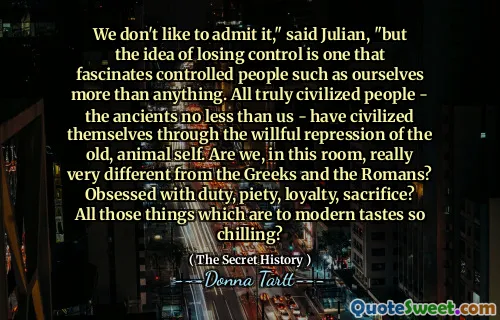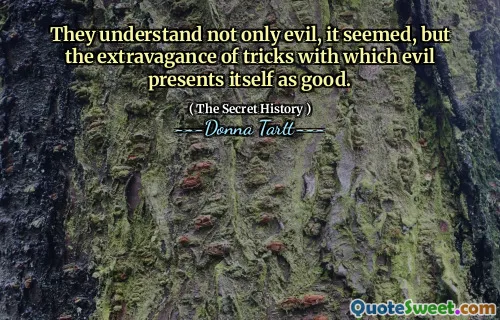
I read The Great Gatsby. It is one of my favorite books and I had taken it out of the library in hopes that it would cheer me up; of course, it only made me feel worse, since in my own humorless state I failed to see anything except what I construed as certain tragic similarities between Gatsby and myself.
This introspective excerpt captures the poignant complexity of seeking solace in literature during times of emotional struggle. The act of reading "The Great Gatsby," a novel renowned for its exploration of idealism, disillusionment, and the pursuit of the American Dream, holds a double-edged significance here. On one hand, the narrator approaches the book with the hope of emotional uplift, a common impulse when confronting personal hardships. Literature often serves as an escape, a medium to transport readers beyond their immediate reality and perhaps offer new perspectives or comfort.
However, this quote offers a sobering reality: instead of relief, the narrator finds a deepened sense of melancholy, unable to detach from their internal gloom. They perceive tragic parallels between themselves and Gatsby, the enigmatic and ultimately doomed character emblematic of yearning and inevitable loss. This connection transforms what might have been a comforting story into a mirror reflecting their own despair and introspective sadness. It speaks to how our mental and emotional states can profoundly affect our interpretation and reception of art; the same narrative that might inspire hope or catharsis in one moment can instead intensify pain and self-awareness in another.
This reflection ties deeply into themes often explored in Donna Tartt’s "The Secret History," the source of this passage, where complex emotions and the darker sides of human nature are vividly examined. The narrative reveals the intricate relationship between reader and text, highlighting how literature’s impact is amplified or diminished by the reader’s own emotional context. It serves as a testament to the power of storytelling to evoke empathy yet also reveal uncomfortable truths, emphasizing that sometimes the solace we seek outwardly lies more in confronting our inner worlds.









